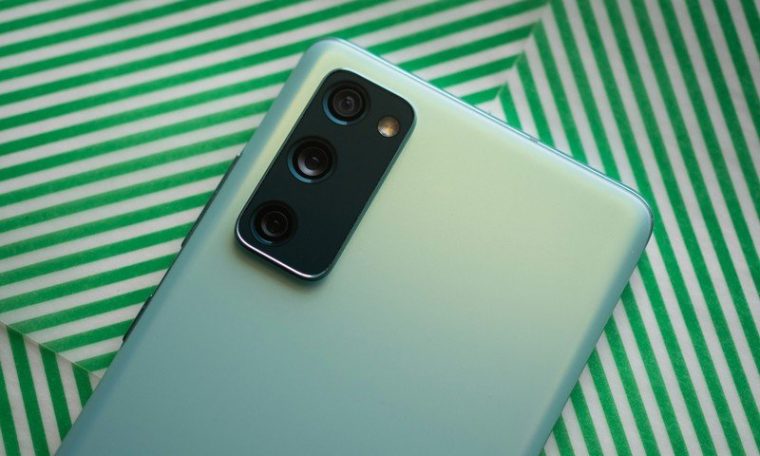
Samsung may be considering canceling the release of the Galaxy S21 FE. The company would have reported this to DDaily. Samsung has it seems cancelled an ‘Unpacked’ event in October where the smartphone would be presented. “We have canceled the Galaxy Unpacked presentation for the Galaxy S21 FE, which was scheduled for mid-October,” a Samsung spokesperson reportedly told South Korean medium DDaily. “We are also reviewing the release of the smartphone itself.” With this action the company may imply that the smartphone will not be released at all. DDaily writes that the global chip shortage, which means that fewer (not just high-end) smartphone chips are available, is the primary reason. According to previous rumors, the smartphone would have a Qualcomm Snapdragon 888. The same soc is used in the recently released Galaxy Z Flip 3, Galaxy Z Fold 3, and some regional variants of the current Galaxy S21 devices. Samsung would prefer to focus on those other devices, with DDaily suggesting that especially the sales of the Galaxy Z Flip 3 are very good. Samsung introduced its first FE smartphone last year, in the form of its Galaxy S20 FE. That smartphone was more affordable than the regular Galaxy S20 and in Europe also had a Qualcomm Snapdragon soc. The other European S20 devices had an Exynos chip from Samsung itself. Renders and possible specifications of the Galaxy S21 FE have already appeared. The smartphone also appeared at the Chinese inspection service Tenaa, which suggested that a release was near. Sources previously stated that the smartphone would be released in August, but Samsung had previously postponed this release internally before questioning the release itself.
Some of the things going on in 2020 and 2021 are weird, and there is a shortage of a lot of products in any field, the chip shortage is one of them, causing issues for example in computer graphics cards, bicycle lights, torches (flashlights) which are available only in small numbers or production is delayed because of the unavailability of microcontrollers.
This may not be such a big problem for consumers, after all do you really need that new phone?
For playing most games, just web browsing, or for security such as for banking sites and apps, or even gambling websites (where you exchange financial information, so security is important) for example on 22Bet you don’t need more features or better security than what you have now.
With Apple there are issues that are more due to their anti-repair stance. Samsung has been doing some similar things though, following the bad lead of Apple. Here is the latest issue found that you can read more about in various articles or see in youtube videos.
‘Face ID no longer works after iPhone 13 screen replaced by a third
party’
If the screen of an iPhone 13 is replaced by a third party that has no official authority from Apple, Face ID will no longer work. That is the conclusion of YouTuber Phone Repair Guru after his own experiments. In two videos, Phone Repair Guru shows that Face ID no longer works after changing the screen. The YouTuber uses original Apple screens, from two copies of the iPhone 13 Pro. He shows that the microphone, proximity sensor and ambient light sensor have no influence on the functioning of Face ID. The module with those components, which is glued to the screen, can be exchanged. The Face ID components themselves are not part of the screen, but the screen module does contain chips that are presumably linked to the front camera. According to the repairer, it would be possible to swap those chips and that should allow for an unofficial screen swap, but it is unlikely that independent repairers would perform such an operation when replacing a screen. Apple is known for making repairs more difficult when performed by parties that are not affiliated with Apple. With previous iPhones, users have already been notified that a non-original screen is being used if the screen has been replaced by an independent party; even if it is an original screen. However, Face ID continued to work on previous iPhones.



